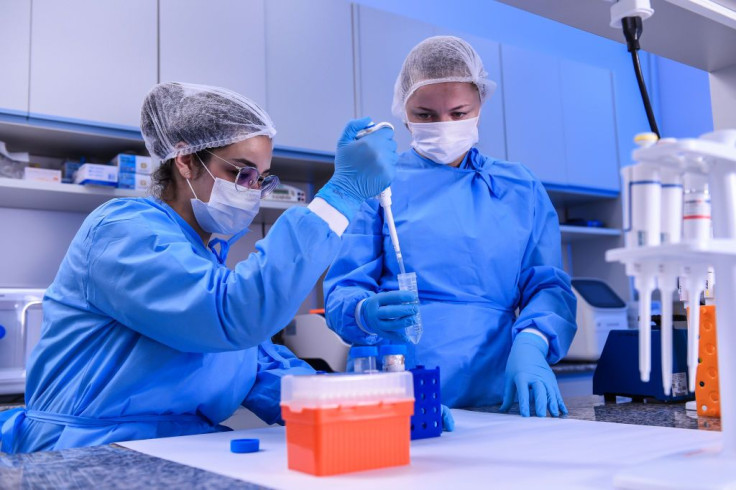A drug used to treat rheumatoid arthritis is said to help improve the respiratory conditions of COVID-19 patients. In a small study conducted at a Milan hospital, researchers were able to find a direct link between the respiratory improvements of COVID-19 patients and the use of high-dose anakinra.
Based on the results of the study, the majority of patients who received high-dose anakinra showed reduced signs of cytokine storm and improved respiration. The study was conducted for 21 days in March and involved 29 patients, who received non-invasive ventilation, hydroxychloroquine, lopinavir, as well as intravenous infusions of anakinra at 10 mg/kg body weight.
Compared with the patients who received standard care only with no anakinra, the patients who received anakinra were able to show improved breathing and reduced inflammation. “Our study is the first to suggest that a high dose of the arthritis drug anakinra may be able to block the overreaction of the immune system caused by COVID-19,” said Dr. Cavallo. “The results are interesting and the drug deserves controlled testing in large randomized trials.”
Prof. Lorenzo Dagnaof San Raffaele Hospital noted, however, that since the study was not a randomized controlled trial, the study is not enough to establish the effectiveness of anakinra as a treatment for COVID-19.
“Until a vaccine is available, we urgently need to find a way to help people survive the most severe symptoms of COVID-19, and to do that without overwhelming the intensive care capacity of hospitals,” he said. “A treatment that has already met strict safety tests and that is available in sufficient quantities to meet the needs of the current pandemic is ideal,” he added.
Authors of the study also cautioned that the retrospective nature of the study and the small number of participants make it impossible to come up with definitive conclusions. To check for long-term outcomes, they recommended that the findings be validated with a controlled trial.
“Based on our promising results, this approach may be considered irrespective of resource availability. Again, results will need to be confirmed in control trials,” wrote Chiara Tassan Din, co-author of the study.

© 2025 Latin Times. All rights reserved. Do not reproduce without permission.



